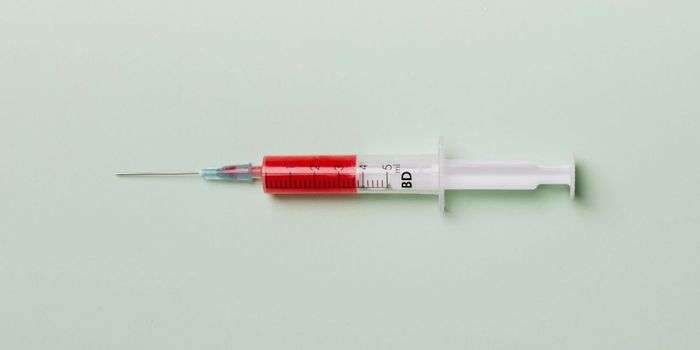Can Cancer Drugs Treat Lung Damage?
Can therapeutics used in the treatment of cancer be a breakthrough for pulmonary disease? Specifically, chronic obstructive pulmonary disease (COPD)? “COPD is usually treated with steroids and airway muscle relaxants which ease symptoms, but there is currently no effective treatment clinically available to counteract the damage it does to the lungs,” says Dr. Lynne Prince, Russell Fellow at the University of Sheffield.
Learn more about COPD:
Individuals with COPD experience a wide range of symptoms that affect overall quality of life such as shortness of breath and chest infections.
However, these symptoms are driven by the damage that occurs to the lungs caused by a particular cell type found in our immune system—the neutrophils.
Now, researchers at the University of Sheffield have screened a library of cancer drugs to identify particles that accelerate the death of neutrophils and encourage healing in the lungs. “Our research now shows that inhibitors of these cell signaling processes, or ErbB kinases, could have therapeutic potential in neutrophilic inflammatory disease,” says Prince. “The hope of these drugs is that they can clear the damaging cells from the lungs of people living with COPD, preventing any further damage and therefore the progression of the disease for the first time.”
The goal is these drugs are repurposed to treat COPD by clearing the damage caused by the neutrophils and therefore, delaying the progression of the disease.
“We are in desperate need of a new treatment for COPD, millions of people all over the world live with the disease and it has a massive impact on their quality of life, especially as the disease progresses,” says Professor Stephen Renshaw on the clinical benefits of drug repurposing. “What is exciting about this research is that these drug compounds are available now, which means if our continued research can effectively find a lead compound to benefit people living with COPD, they are ready to use.
Source: University of Sheffield










